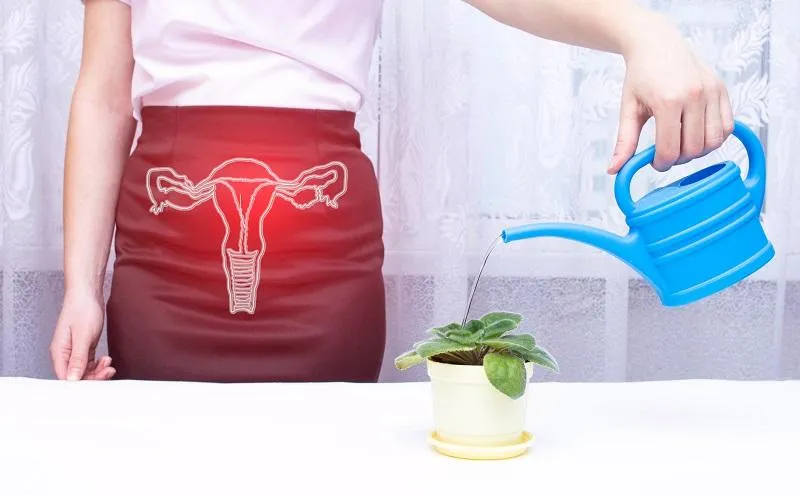Common Female Urology Problems and How to Treat Them
June 13, 2022
Talking about female urological problems may be uncomfortable, but acknowledgment is the first step towards treatment and permanent solutions. Many women may not know how common urological issues are and the fact that they are treatable. This prevents them from talking about the issue and seeking proper care or medical assistance. We are here to change that for you.
There are various urological problems that both men and women face. We will talk about some of the most common female urological problems and how treatment can help relieve pain or discomfort.
Common Urology Problems in Female
Postpartum Urinary Incontinence:
This refers to the very common condition that new mothers face - involuntary leakage of urine. This is often found to occur when there is sudden pressure on the abdominal muscles - laughing, sneezing, coughing, jumping, lifting weights or carrying out a strenuous activity. If you are experiencing this, there is no need to panic - it is a very common condition that is treatable. Talk to a urologist to address and treat this issue. There are non-invasive treatments that include physical and behavioural therapies. The extent of this condition varies from woman to woman. If the issue persists or worsens, there are other options such as surgery.
Overactive Bladder:
An overactive bladder can be a result of various factors. “Overactive bladder” is used to explain a combination of urological symptoms. In a condition called OAB, there is a sudden and uncontrollable need to urinate. There may also be a frequent urge to urinate. Again, this is unique to every woman based on factors such as pregnancy, post-partum, urinary tract infection, etc. It is a common issue that is treatable with lifestyle changes most of the time - reducing alcohol and caffeine intake, etc. If there are complexities involved, your urologist may be able to pinpoint those and lead you in the right direction.
Urinary Tract Infection:
Commonly known as UTI, short for urinary tract infection, this condition affects the urinary bladder and the urinary tract (urethra). Though this is a common condition in men and women, women face a higher risk of developing it. It is very important that UTIs be addressed by women as soon as possible - there could be serious complications if the infection reaches the surrounding areas, such as the kidneys. There are various factors that contribute to UTIs - constipation, exposure to unhygienic surroundings (e.g. a public toilet) or improper fluid intake. UTI is treatable once the urologist analyses the cause of the infection. This helps improve pH levels so that the infection-causing microbes may not be able to survive in that environment. It also promotes the growth of healthy bacteria.
Pelvic Organ Prolapse:
Prolapse is a term used to explain “dropping from a normal position”. In case of pelvic organ prolapse, an organ in the pelvic region (e.g. kidney, urinary bladder, vagina, etc.) drops to a position lower than it is supposed to be. This is caused by muscle weakness. There are muscles that hold organs in their respective places. When that muscle becomes weak, the organ tends to drop. This could be caused by various factors, the most common one being childbirth. This condition may deteriorate when there is pressure in the pelvic region during activities like sneezing, coughing, laughing, exerting, etc. Depending on the extent and cause of prolapse, a urologist will suggest the best possible treatment or intervention that is required.
The pelvis and the pelvic region are very important to women as it plays an active role in the process of excretion and childbirth. The above-mentioned female urological problems are treatable, and not all of them need surgery or invasive techniques. The first and most important step that a woman has to take is to acknowledge the issue and reach out to her healthcare provider so that she gets timely treatment.
This is unique to every woman, and based on the extent of its intensity, an urologist will suggest the best treatment option for you.
Some of the more permanent solutions involve botox injections and a bladder pacemaker.
If it is due to anatomical reasons, a vaginal oestrogen cream is recommended by the doctor after examination.
Not all kinds of pelvic organ prolapse need a surgical intervention. Apollo Spectra Hospitals provide a comprehensible and state of the art urological services. Feel free to reach out to Apollo Spectra Hospitals experts with your queries - get in touch to confirm your appointment.
NOTICE BOARD
CONTACT US
CONTACT US
 Book Appointment
Book Appointment


.svg)
.svg)
.svg)
.svg)








